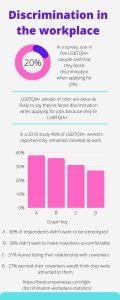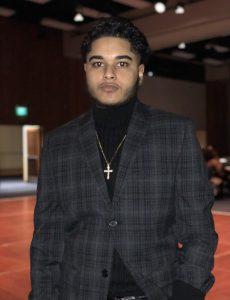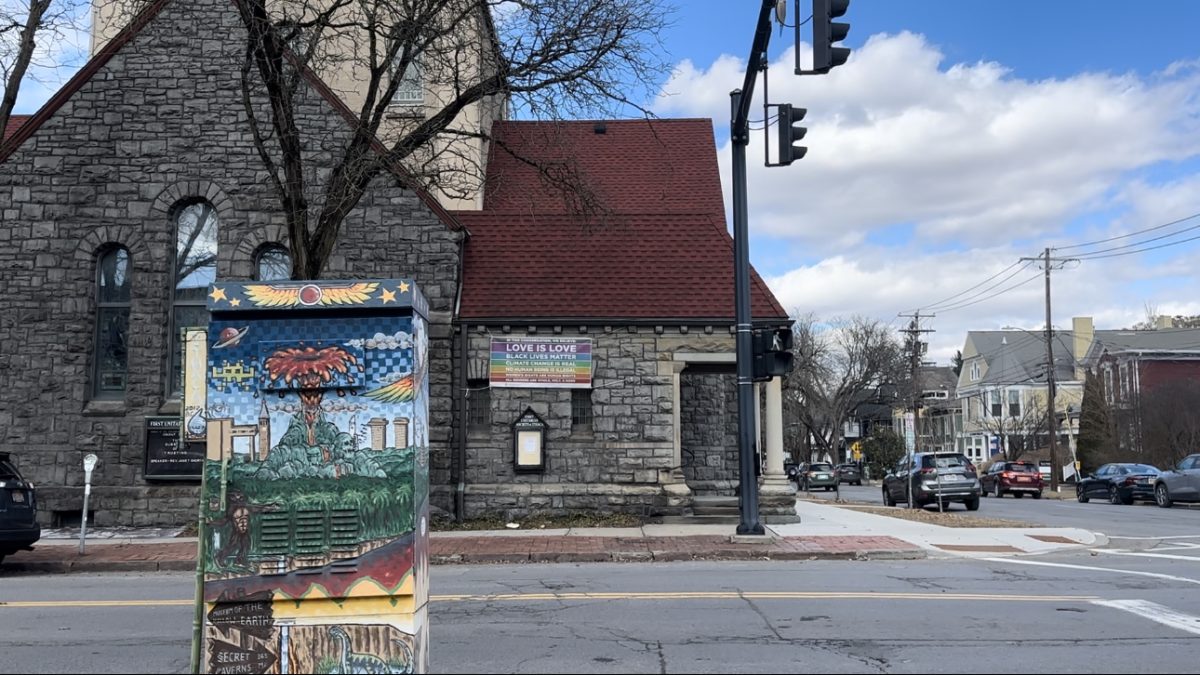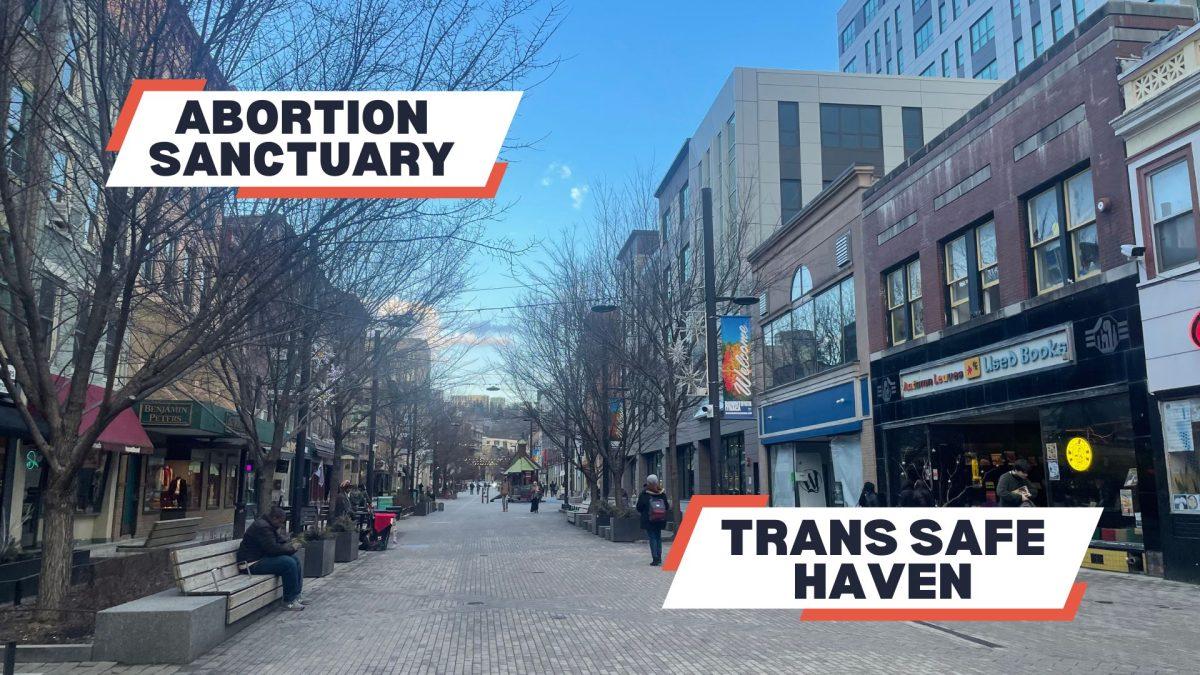In the movement towards equality, there have been obstacles that slowed the process down a bit.
While it’s illegal to discriminate against people based on race, the LGBTQ community still faces discrimination daily.
Like people of color, they’re discriminated against for things they can’t control.
For simply living their lives.
“This May coming up I’m going to be three years on testosterone,” said Ethaniel Cepeda.
“The July that just passed I got top surgery and I’ve been living my authentic self.”
Background information
The House of Representatives voted to pass the Equality Act on February 25.
If it passes through the Senate, this bill would ban discrimination against people based on their gender identity and sexual orientation.
This bill expands the 1964 Civil Rights Act by banning discrimination based on sexual orientation and gender identity.
The areas of protection extend to employment and housing, along with federally funded institutions.
A distinctive part of the bill is that it would overrule the Religious Freedom Restoration Act.
This means that people cannot state religious beliefs as a defense for discrimination.
The only religious exemptions allowed are those already written into the existing Civil Rights Act.
Discrimination
The Equality Act is critical because it will put ideas into action.
It will not end discrimination, but it will move the country toward equality.
Rachel Wagner, professor of Women and Gender studies at Ithaca College, believes that it will help society be more accepting as a whole.
“Changing the language in the original Civil Rights Act is a gesture of reform that can not help but resonate publicly,” Wagner said.
“In a way, that makes people who perhaps haven’t thought about these issues very deeply before, have to think about them.”
Members of the LGBTQ community have historically faced discrimination in many forms, sometimes in subtle ways through microaggressions.
One of the most common forms is workplace discrimination.

Unfortunately, discrimination at work is not the only time LGBTQ people face these transgressions.
For many, it happens everywhere in both private and public settings.
Without federal protection, people can lose their jobs or even their children simply because of their sexual orientation.
Bullying as well as violent crimes are still prominent forms of discrimination that the LGBTQ community faces.
Change doesn’t happen overnight, and it will take time before we see real progress being made.
Time for change
Ethaniel Cepeda, a junior at Ithaca College and member of the LGBTQ community, said change won’t be immediate, but he has faith in the current generation.
“We still have a lot of work to do, but this is definitely a step in the right direction,” Cepeda said.
“I’m proud of the generation we’re in because the majority of us are activists, we’re aware of what’s going on, and we’re willing to make change.”

Is this enough to enact real change?
It remains to be seen if this act is enough to create change, but everyone has a role to play in ending discrimination.
Luca Maurer, director of the Ithaca College Center for LGBT Education, Outreach & Services, is skeptical that the bill will change everything.
“We all, as Americans, will have to decide what does it mean to extend dignity and respect to every single person across dimensions of diversity,” Maurer said.
“Just because something is against the law doesn’t mean it won’t still happen.”

Looking toward the future
If passed, the impact the bill will have is monumental.
There will inevitably be challenges as there have been throughout history whenever people were given their civil rights.
As seen with protestors being hosed and arrested in the Civil Rights Movement in the 1960s.
Along with Black Lives Matter protestors being tear gassed in 2020.
However, members of the community are hopeful.
“As a college student right now, it makes me more comfortable going into the real world,” Cepeda said.
“Now I know that, regardless of where I go, they can’t discriminate against who I am.”
For more information on the Equality Act, visit the Human Rights Campaigns website.
Ithaca College students looking for resources should visit the LGBT’s center online Zoom meetings Monday and Wednesday afternoons.






